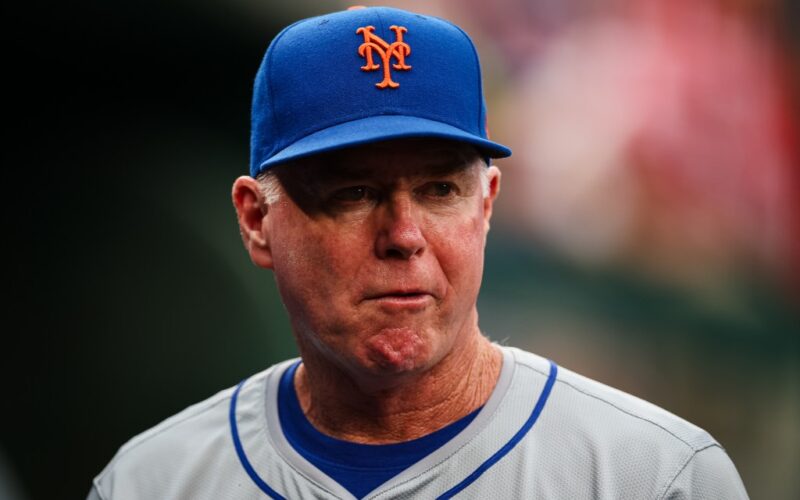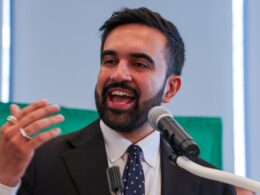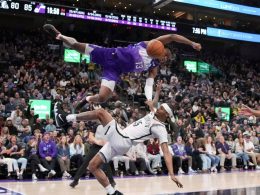Changes to the Mets coaching staff are coming, with the retirement of catching coordinator Glenn Sherlock. A longtime coach for the Yankees, Diamondbacks, Pirates and Mets, Sherlock has been a highly-regarded catching coach since the 1990s.
SNY’s Andy Martino was the first to report the news of the 65-year-old’s retirement. It’s not an entirely surprising decision. Around the time he came back to the Mets for a second stint with the club, the Massachusetts native moved from Arizona to Michigan to be closer to his grandkids, and has talked about wanting to spend more time with his family in recent years.
Sherlock first came to the Mets ahead of the 2017 season to work with Travis d’Arnaud. At the time, d’Arnaud had a good bat and was an excellent framer, but there were defensive deficiencies the Mets wanted the backstop to improve, namely his pop times, throwing accuracy and passed balls. Tomas Nido also benefited from Sherlock’s coaching, taking over as the No. 1 backstop when d’Arnaud was cut in 2019.
Sherlock went to Pittsburgh during the COVID-shortened 2020 season, returning to the Mets in 2022 when Buck Showalter was hired as the manager. The two both worked in the Yankees organization together, and Showalter brought him to Arizona when he was offered the job as the Diamondbacks’ first-ever manager. Sherlock started as a minor league instructor and was eventually moved up to the big league staff, spending 19 years with the organization.
In 2022, he returned to the Mets as Showalter’s bench coach, but with the emergence of top prospect Francisco Alvarez, Sherlock returned to the catching coach role. The team presented the decision as one made by Sherlock to accommodate other members of the coaching staff.
Hitting coach Eric Chavez replaced him on the bench, later returning back to his co-hitting coach role with Jeremy Barnes.
Now that Alvarez has a few years of big league play under his belt and the Mets don’t have another top catching prospect close to being ready for the major leagues, it presents a natural time for change. Other personnel moves could be made after the front office conducts its end-of-season evaluation.








